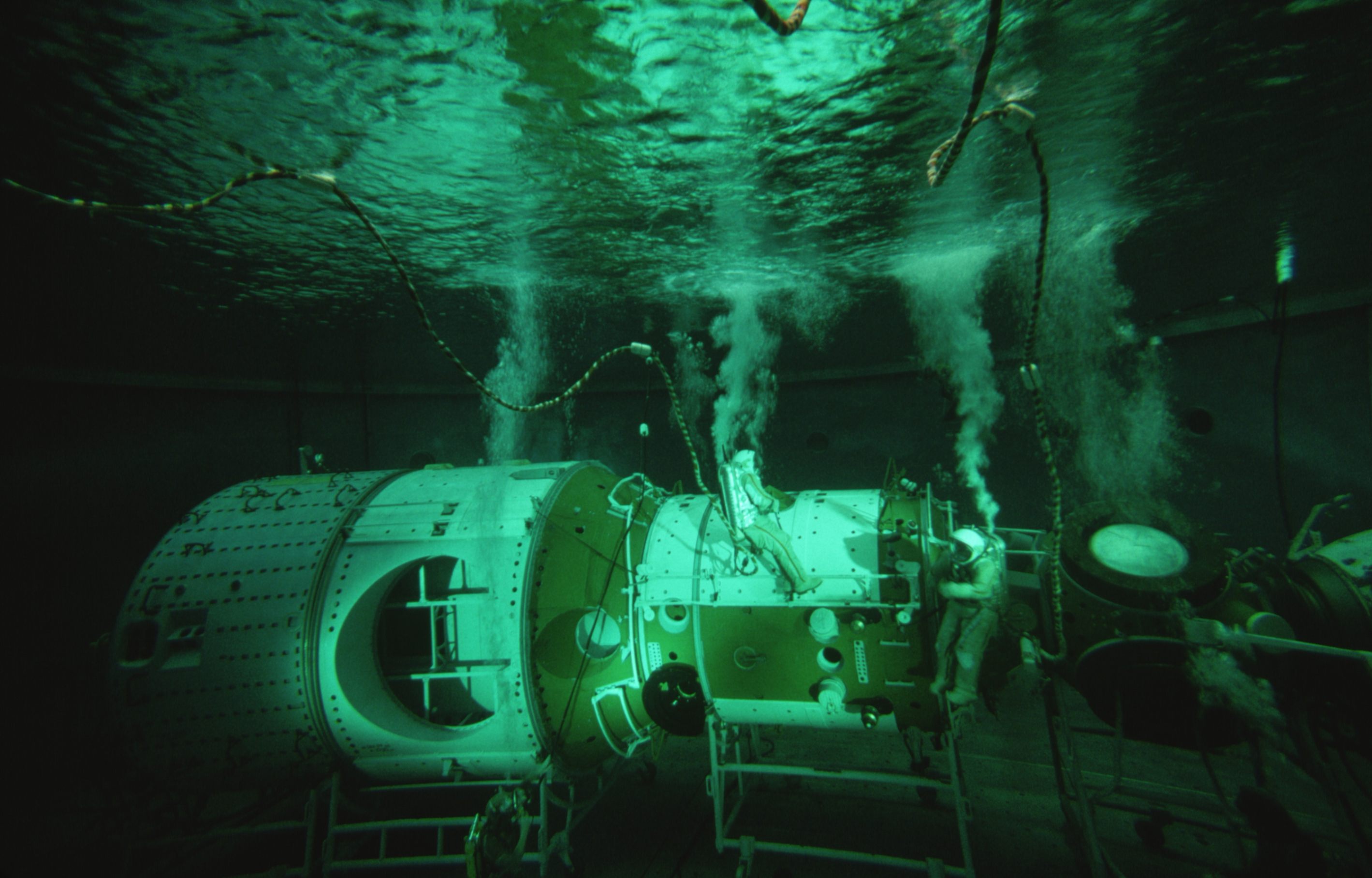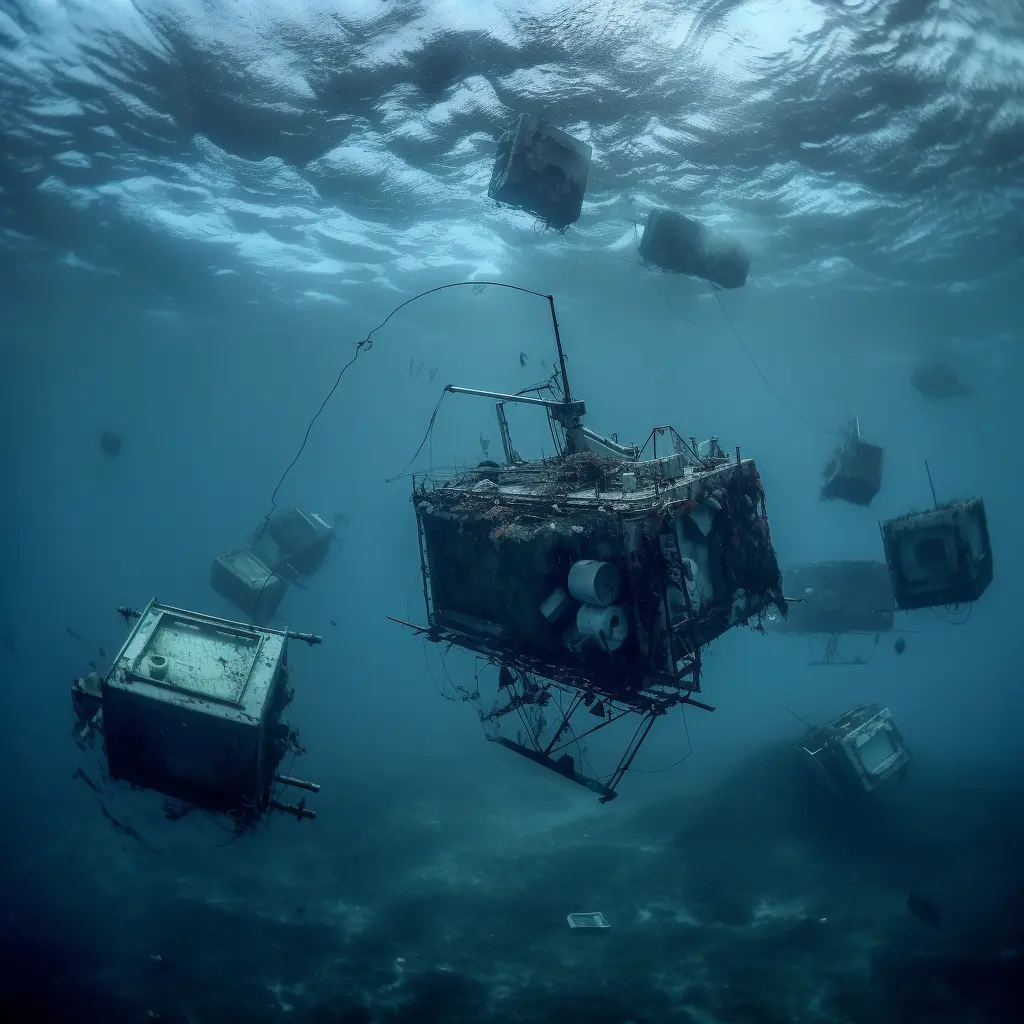Far from any landmass, in the remote and desolate waters of the South Pacific Ocean, lies a place known as Point Nemo. This point, often referred to as the oceanic pole of inaccessibility, is the farthest spot from any coastline on Earth—a staggering 2,688 kilometers (1,450 nautical miles) from the nearest land. But Point Nemo is more than just a geographical curiosity; it is the final resting place for some of humanity’s most ambitious creations: space stations, satellites, and spacecraft. This remote location has earned a rather eerie nickname: the Spacecraft Cemetery.

For decades, when space agencies like NASA, the European Space Agency (ESA), and Roscosmos needed to safely dispose of defunct satellites or decommissioned space stations, they turned to this isolated part of the ocean. Point Nemo is chosen because of its distance from human habitation, minimizing any risk to people or property when large objects re-enter Earth’s atmosphere and plunge into the sea.

The most famous occupant of this watery graveyard is Russia’s Mir space station, which was deorbited in 2001 after 15 years in orbit. Weighing over 120 tons, Mir’s controlled descent ended with a fiery re-entry, followed by its remains sinking into the depths of Point Nemo. Alongside Mir, hundreds of other pieces of space debris—ranging from small satellites to large boosters—have found their final resting place in these uninhabited waters.
The Spacecraft Cemetery at Point Nemo serves as a poignant reminder of the cost of our exploration of the cosmos. As we continue to venture into space, Point Nemo will likely see more traffic—not from ships or submarines, but from the remains of humanity’s journey beyond the Earth.

This secretive graveyard is a testament to the ingenuity and ambition of space exploration, but it also raises questions about the future of space debris and how we manage the end of life for our machines that once orbited far above the Earth. As we continue to push the boundaries of space, the waters of Point Nemo will keep their silent watch over the relics of our celestial dreams.
undefined





